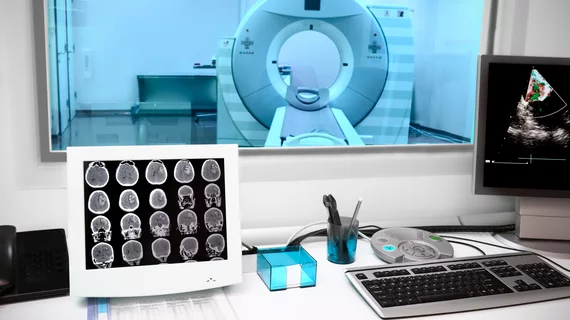How a Georgia health system found success using structured brain tumor reporting
After implementing a structured reporting template for brain tumor imaging, radiologists became more confident in their reports and felt they better facilitated decision-making, according to a single-center study published in Academic Radiology. Patients were also more satisfied with their reports.
“There is an unmet clinical need for a practical disease-specific structured reporting system for magnetic resonance imaging (MRI) surveillance of post-treatment glioma patients,” wrote Ashwani Gore, MD, with Emory University Hospital, Atlanta, and colleagues. And the poor prognosis of patients with malignant brain tumors makes clear and concise reporting much more important, they added.
Fifty-three brain tumor clinicians answered an initial 22-question survey which identified consistency, ambiguity and clear communication between patient and physicians as the top problems with its brain tumor reporting. Overall, radiologists were less satisfied with reporting than the non-radiologists who responded.
From those findings, Gore and colleagues implemented a Brain Tumor Reporting and Data System (BT-RADS) template. Nine months after implementation, 38 clinicians responded to a 27-question follow-up survey gauging satisfaction with the new system.
Results showed respondents were happier with report consistency, ambiguity, radiologist/physician communication, facilitation of patient management and improved confidence in reports. By the end of the study period more than 80 percent of brain tumor reports were dictated using the new template.
“These findings underscore the advantages of structured reporting when interpreting complex MRI reports in patients with post-treatment brain tumors,” the group wrote. “Not only were referring providers more satisfied with the reports, most respondents believed the BT-RADS reporting method would facilitate research.”

